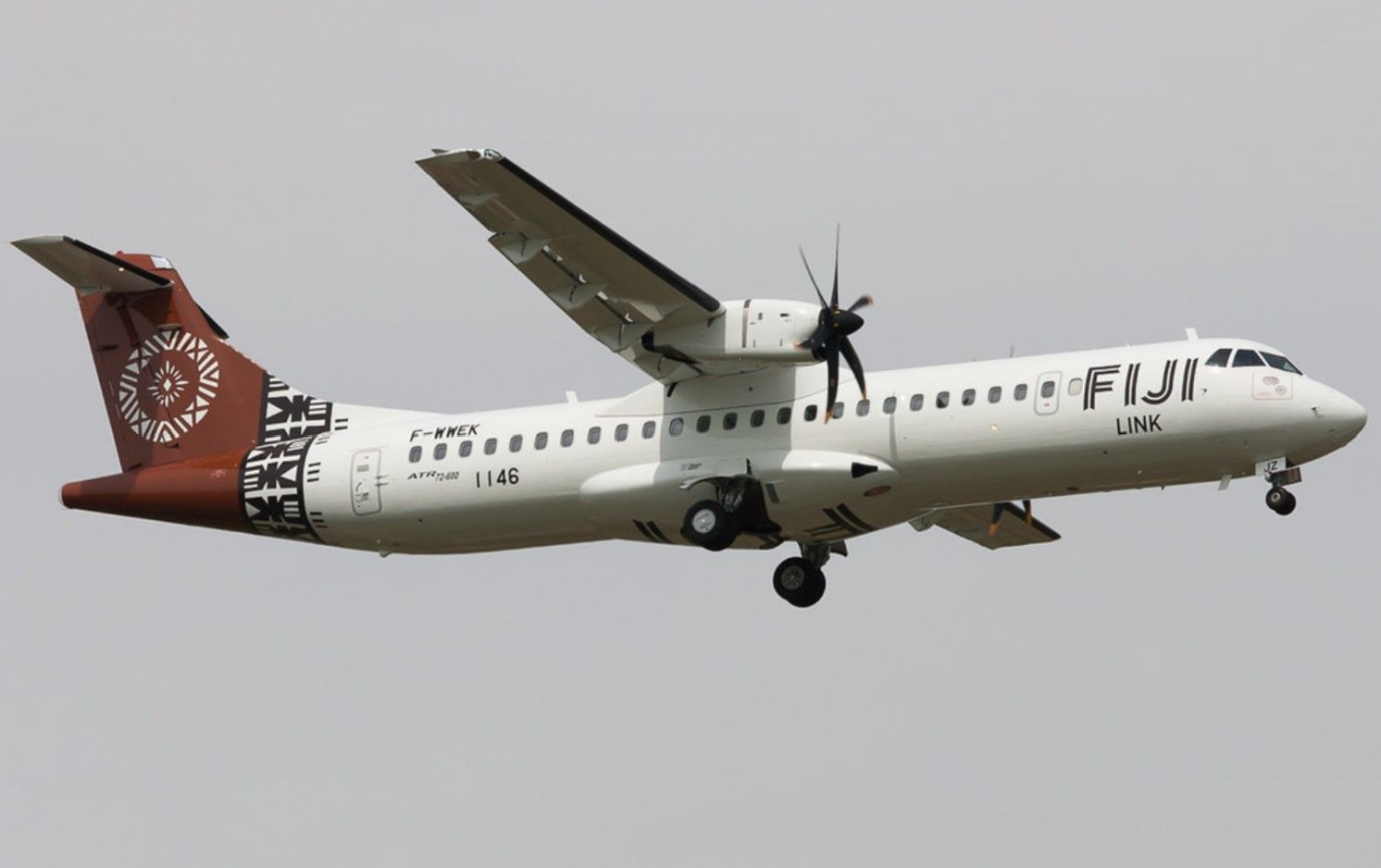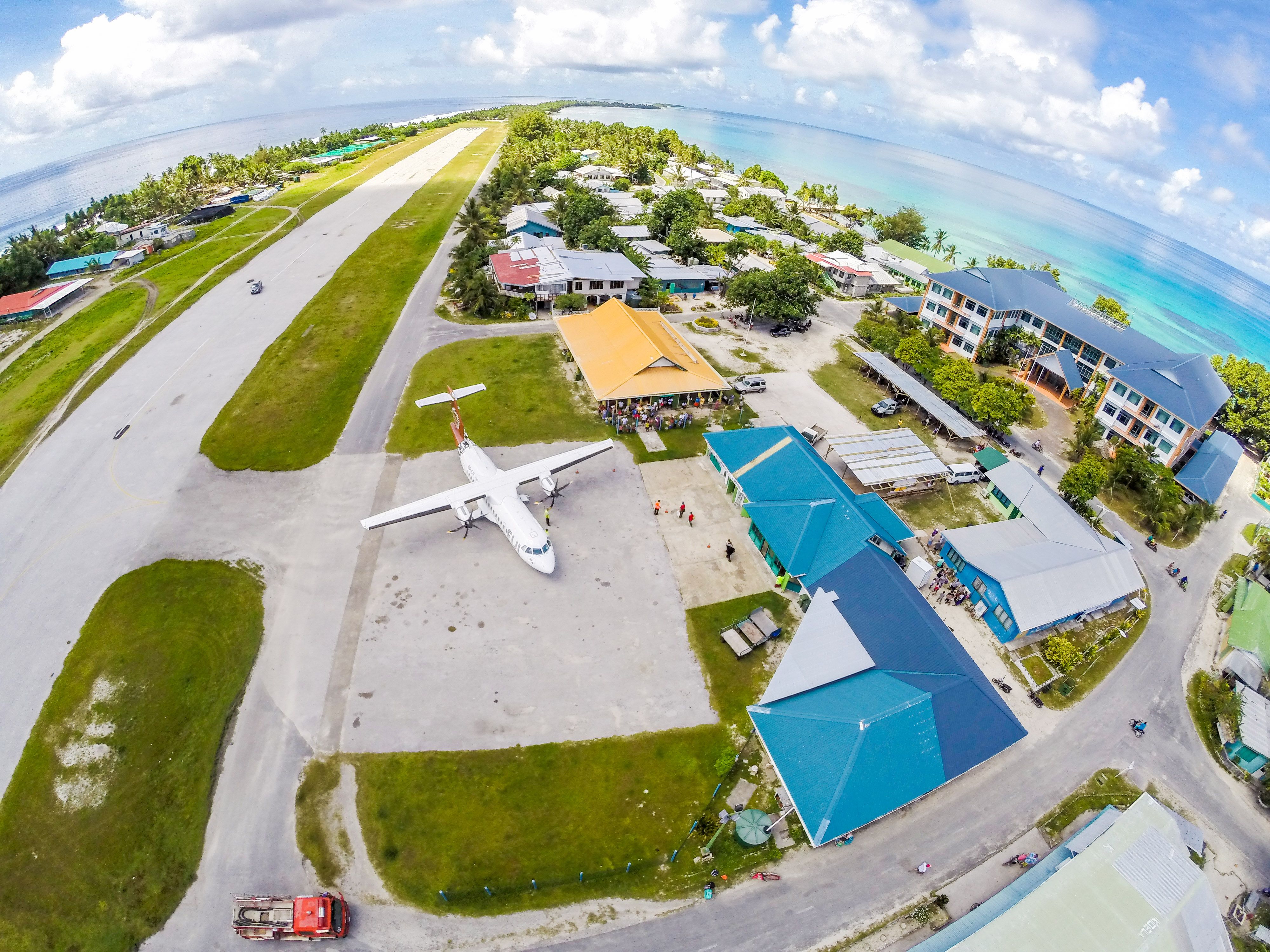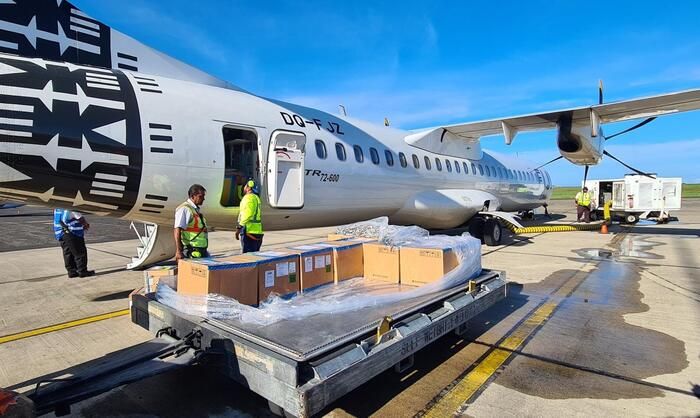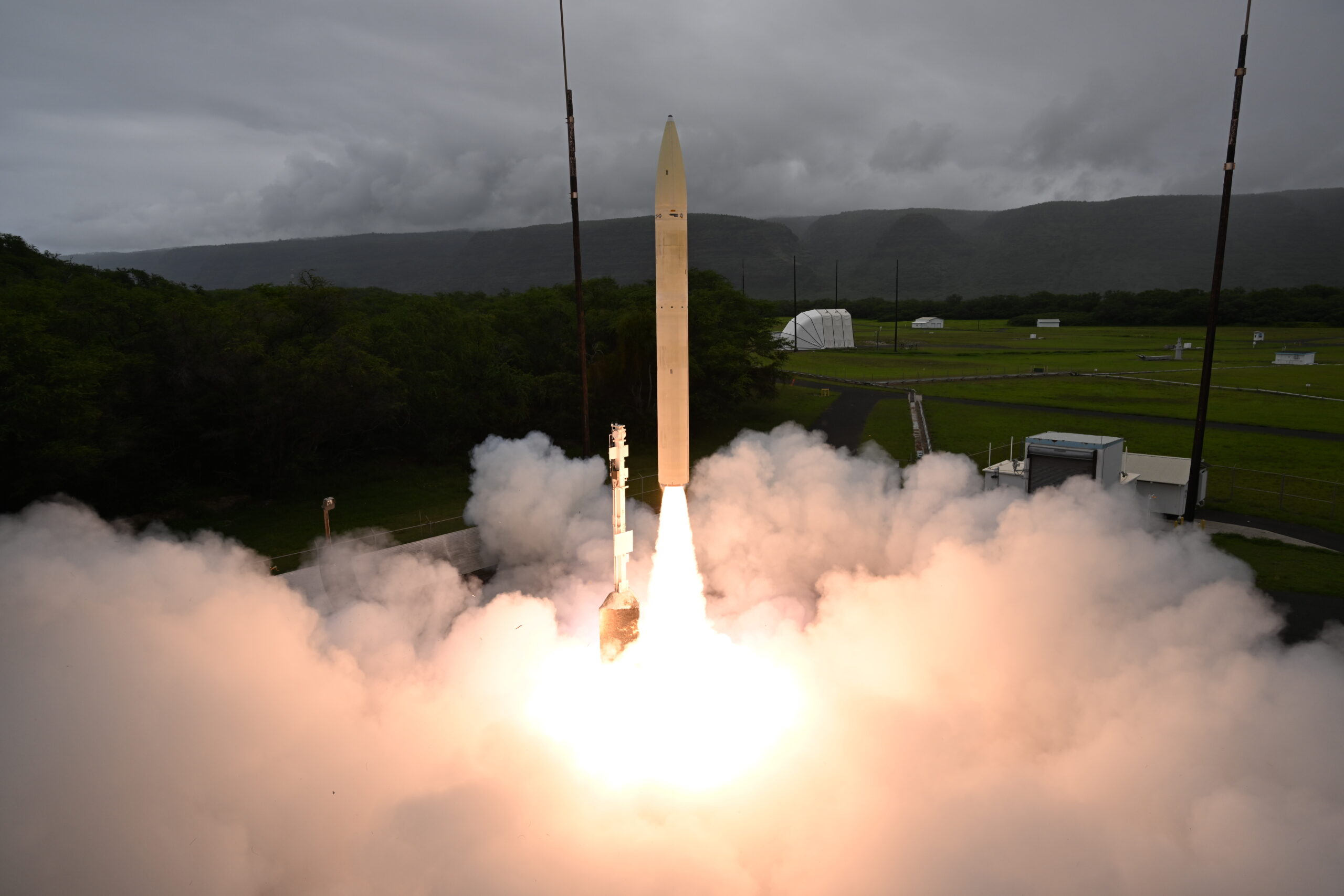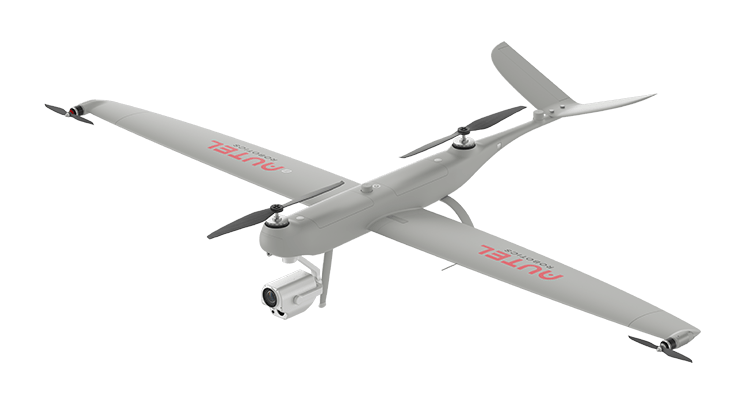Tuvalu, a small country within the South Pacific, has had its sole international aviation route put into jeopardy resulting from fuel shortages on the islands Funafuti International Airport (FUN). The nation of Tuvalu is the fourth smallest country on this planet, after the Vatican, Monaco, and Nauru.
With a population of just over 11,000, the low-lying country is just 26 square kilometers (10 square miles), and its residents continually live in fear resulting from rising sea levels, given the country sits just 15 feet (4.6 meters) above sea level.
Photo: maloff / Shutterstock
Shortage in fuel
Tuvalu has instructed Fiji Airways to hold extra fuel onboard its inbound flights from Suva resulting from an absence of certified fuel within the tiny island nation. This further restricts the airlines’ tight capability on its thrice-weekly service from Fiji’s capital Suva. Because of the reduction, it has needed to limit its overall payload to accommodate the additional fuel required for the return flight.
The national carrier of Fiji is working closely with Tuvalu officials and monitoring the situation to be sure that the results usually are not ongoing. The nation hopes to resolve the difficulty as soon as possible. Given the nation’s isolation, international operations mustn’t be affected, where it may very well be severe if its only airlink to the world.
Sole international connection to Fiji
Tuvalu is connected by a sole international connection to Fiji’s capital Suva. Operated by Fiji Airways Fiji Link ATR 72-600 thrice weekly on Tuesdays, Thursdays, and Saturdays. It follows the below schedule:
- FJ281, departing Suva Nausori International Airport (SUV) at 09:00, arriving after a two-hour flight at Funafuti International Airport (FUN), Tuvalu, at 11:35
- FJ280 returns from Funafuti International Airport FUN) at 12:20, returning to Fiji at Suva Nausori International Airport (SUV) by 14:50.
Photo: United Nations World Food Programme
The flight was loaded with rapid antigen tests (RATs) and carried members of the Fiji Emergency Medical Assistance Team (FEMAT), two World Health Organisation (WHO) members, and a Tuvaluan laboratory expert. The United Nations World Food Programme (WFP) chartered the flight through the Pacific Humanitarian Air Service.

